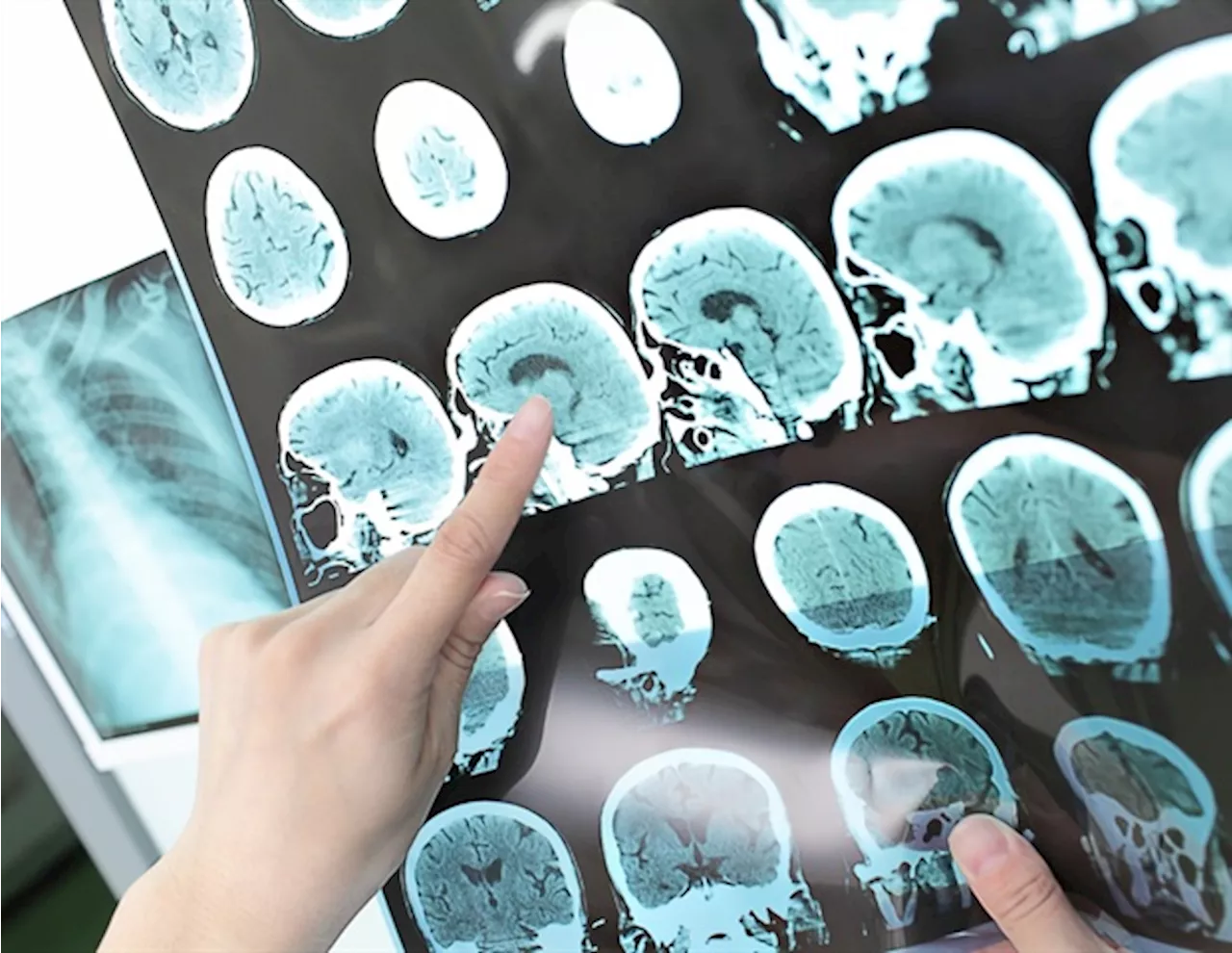People who experience an arterial ischemic stroke (AIS) or transient ischemic stroke (TIA) are at an increased risk of suffering a second stroke or other major adverse cardiovascular event (MACE), making it critically important to identify risk factors and treatments to prevent these subsequent occurrences.
University of BristolJul 22 2024 People who experience an arterial ischemic stroke or transient ischemic stroke are at an increased risk of suffering a second stroke or other major adverse cardiovascular event , making it critically important to identify risk factors and treatments to prevent these subsequent occurrences.
"While previous studies have found associations between inflammation and incident AIS/MACE, our study found that these causal proteins may also have a role in subsequent MACE, which could lead to potential novel drug targets," said study co-lead author Nimish Adhikari, a PhD student in biostatistics at BUSPH.
GWAS are typically performed to determine whether individuals have had a medical event for the first time, but applying this method to subsequent MACE events could shed novel insights about stroke progression, information that would be valuable for therapeutic drug identification, the researchers say.
Andrew Elmore explained: "We used that data to find if there were certain molecules that were associated with either incident or subsequent states.
Chromosome Disability Gene Genetic Heart Inflammation Ischemic Stroke Medical School Public Health Research
United Kingdom Latest News, United Kingdom Headlines
Similar News:You can also read news stories similar to this one that we have collected from other news sources.
 Genetic diagnostics of ultra-rare diseases: Large multicenter study identifies 34 new genetic diseasesThe majority of rare diseases have a genetic cause. The underlying genetic alteration can be found more and more easily, for example, by means of exome sequencing (ES), leading to a molecular genetic diagnosis. ES is an examination of all sections of our genetic material (DNA) that code for proteins.
Genetic diagnostics of ultra-rare diseases: Large multicenter study identifies 34 new genetic diseasesThe majority of rare diseases have a genetic cause. The underlying genetic alteration can be found more and more easily, for example, by means of exome sequencing (ES), leading to a molecular genetic diagnosis. ES is an examination of all sections of our genetic material (DNA) that code for proteins.
Read more »
 Genetic variation in people of African ancestry linked to increased risk of diabetes complicationsA genetic variation common in people of African ancestry is associated with an increased risk of complications from diabetes, including diabetic retinopathy, according to a report published June 25 in the journal Nature Medicine.
Genetic variation in people of African ancestry linked to increased risk of diabetes complicationsA genetic variation common in people of African ancestry is associated with an increased risk of complications from diabetes, including diabetic retinopathy, according to a report published June 25 in the journal Nature Medicine.
Read more »
 Genetic variation in people of African ancestry linked to increased risk of diabetes complicationsA genetic variation common in people of African ancestry is associated with an increased risk of complications from diabetes, including diabetic retinopathy, according to a report published June 25 in the journal Nature Medicine.
Genetic variation in people of African ancestry linked to increased risk of diabetes complicationsA genetic variation common in people of African ancestry is associated with an increased risk of complications from diabetes, including diabetic retinopathy, according to a report published June 25 in the journal Nature Medicine.
Read more »
 Lifestyle changes can greatly reduce heart disease risk in people with high genetic riskStudy highlights the significant impact of genetic risk and lifestyle on early- and late-onset cardiovascular diseases, showing that lifestyle improvements can notably reduce CVD risk, especially in high genetic risk individuals.
Lifestyle changes can greatly reduce heart disease risk in people with high genetic riskStudy highlights the significant impact of genetic risk and lifestyle on early- and late-onset cardiovascular diseases, showing that lifestyle improvements can notably reduce CVD risk, especially in high genetic risk individuals.
Read more »
 Study links hs-cTnT to MACE, mortality in rheumatoid arthritisFor patients with rheumatoid arthritis (RA), a detectable level of high-sensitivity cardiac troponin T (hs-cTnT) is associated with increased risk of major adverse cardiovascular events (MACE) and all-cause mortality, according to a research letter published online June 15 in the Journal of Rheumatology.
Study links hs-cTnT to MACE, mortality in rheumatoid arthritisFor patients with rheumatoid arthritis (RA), a detectable level of high-sensitivity cardiac troponin T (hs-cTnT) is associated with increased risk of major adverse cardiovascular events (MACE) and all-cause mortality, according to a research letter published online June 15 in the Journal of Rheumatology.
Read more »
 Startled horse drawing carriage with ceremonial mace inside jumps upFootage shows the horse, who is one of two pulling a black carriage on a street in Westminster, become startled and restless whilst standing in a stationary position.
Startled horse drawing carriage with ceremonial mace inside jumps upFootage shows the horse, who is one of two pulling a black carriage on a street in Westminster, become startled and restless whilst standing in a stationary position.
Read more »
